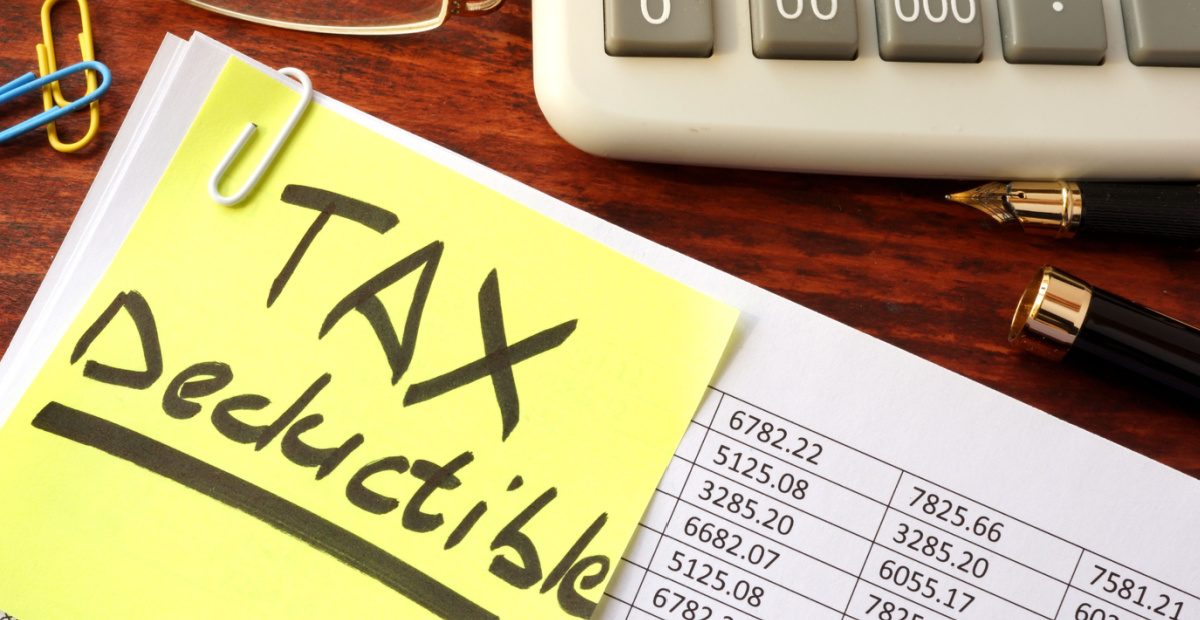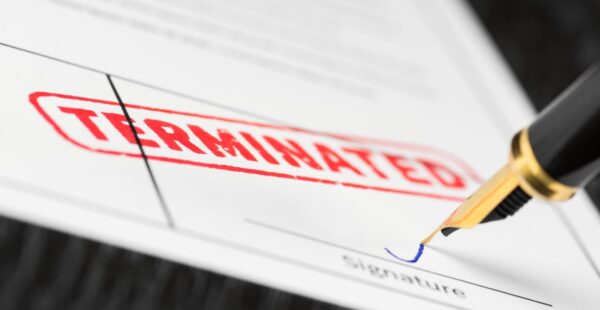ATO needs to focus on collecting older, larger debts

One per cent of taxpayers owe 20% of the Australian Taxation Office’s (ATO’s) collectable debt and the tax office should be focusing on old, outstanding debtors rather than small businesses struggling to make ends meet.
That is the bottom line of a pre-election briefing document the major accounting groups sent to cross-benchers in the Senate in what represented a bid to have the Treasury Laws Amendment (Tax Incentives and Integrity) Bill around the deductibility of the General Interest Charge (GIC) and the Shortfall Interest Charge (SIC) deferred.
The cross-bench was told the proposal to permanently deny deductions for GIC and SIC represents a punitive measure that risks exacerbating financial hardship for small businesses already facing challenges such as high inflation, elevated interest rates, and cash flow constraints.
“By making these interest costs on tax debts non-deductible, the proposal risks accelerating the accumulation of tax liabilities of small businesses to unsustainable levels, potentially threatening the viability of many small businesses,” it said.
GIC is currently 11.38%, an amount that is significantly higher than commercial interest rates available to many businesses and individuals. GIC compounds quickly. A 12.5% GIC rate will result in interest charges being equal to approximately 28% of the unpaid tax after two years, 65% by the end of four years and 112% after six years. Making GIC non-deductible will only make it more expensive.
“Whilst it would be prudent for small businesses to obtain alternative finance from the private sector, in practice that is difficult to do as many financial institutions will not lend to businesses with tax debt. Thus, a business may not be able to swap tax debt for other forms of finance.”
“1% of taxpayers owe 20% of the ATO’s collectable debt. Our members often lament that it is taxpayers who are a couple of days late in paying their tax bill that often feel the wrath of the ATO rather than those with large, long outstanding debt.
“During a cost-of-living crisis, when many small businesses are struggling to make ends meet, existing ATO powers to rein in debt should be targeted at large old balances. It is further noted that this measure comes at a time when our members are concerned about long delays in service delivery by the ATO,” the briefing document said..
“Making GIC and SIC non-deductible penalises taxpayers who have historically ‘done the right thing’ or, through no fault of their own, accrue these charges due to legitimate tax disputes or administrative delays. The proposal does not distinguish between good and bad taxpayers.
“Obtaining GIC and SIC remission is difficult. Our members are consistently reporting long delays and inconsistent outcomes when they apply for GIC remission requests. Often the first response is ‘no’ and multiple phone calls to the ATO are required,” it said.











Yep another Govt department focused on the wrong people and issues.
Sounds very typical for Canberra’s bureaucratic buffoons hey ASIC.
maybe get the big banks to pay their tax bills, they all owe the ATO hundreds of millions
Just wondering if I can say that the intellectual property value of my advice is owned by my holding company in Lichtenstein.
I’ll receive the full fee in Australia, but charge a licensing fee for my advice to Lichtenstein of say 70c on the $1.00 made.
Then because my holding company in Lichtenstein has so generously provided the IP to me with a ‘loan’. I’ll use 29c in interest payments for the remaining 30c as tax deductible interest.
Pay tax on $0.01 at 30%.
There’s a rather prominent European furniture maker that allegedly does this with their Australian operations.